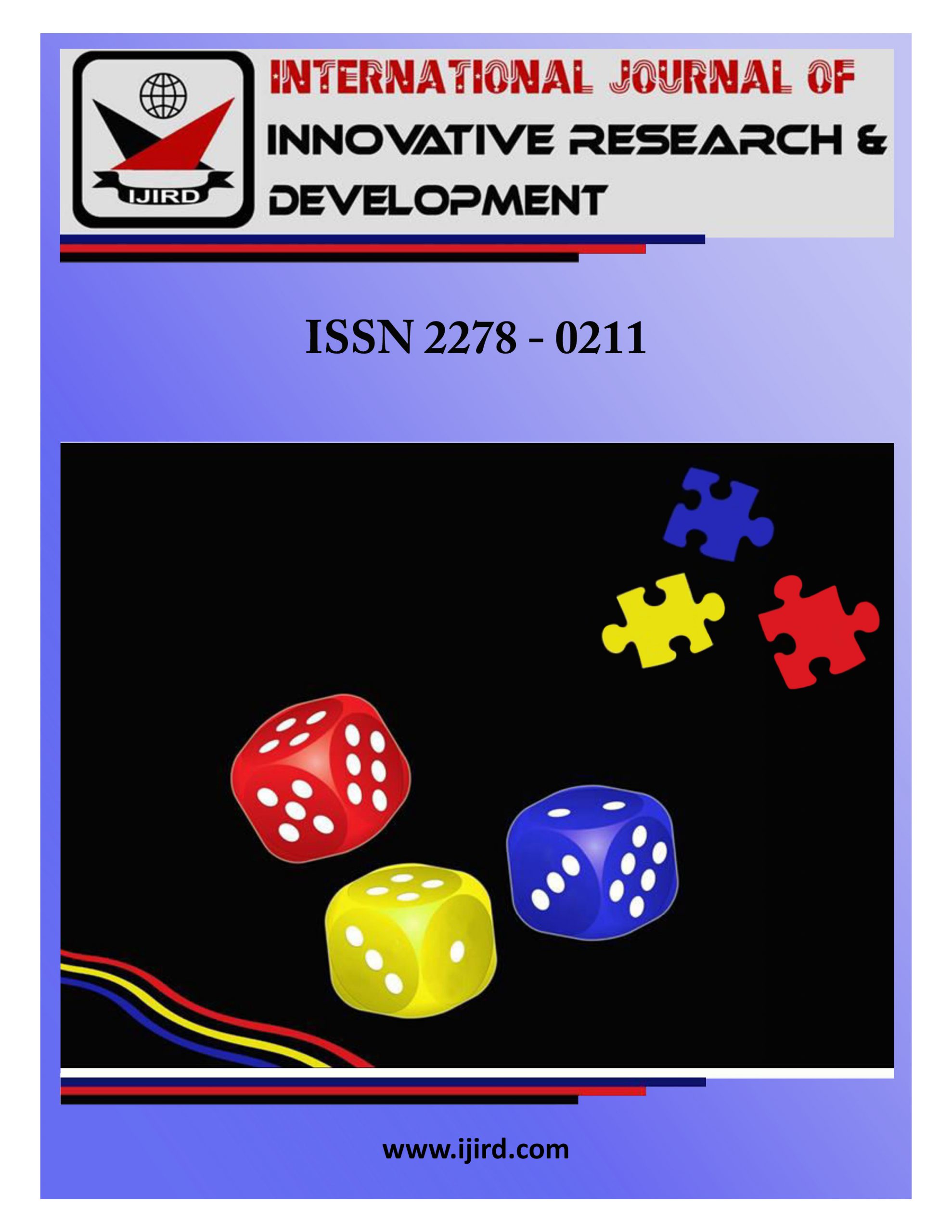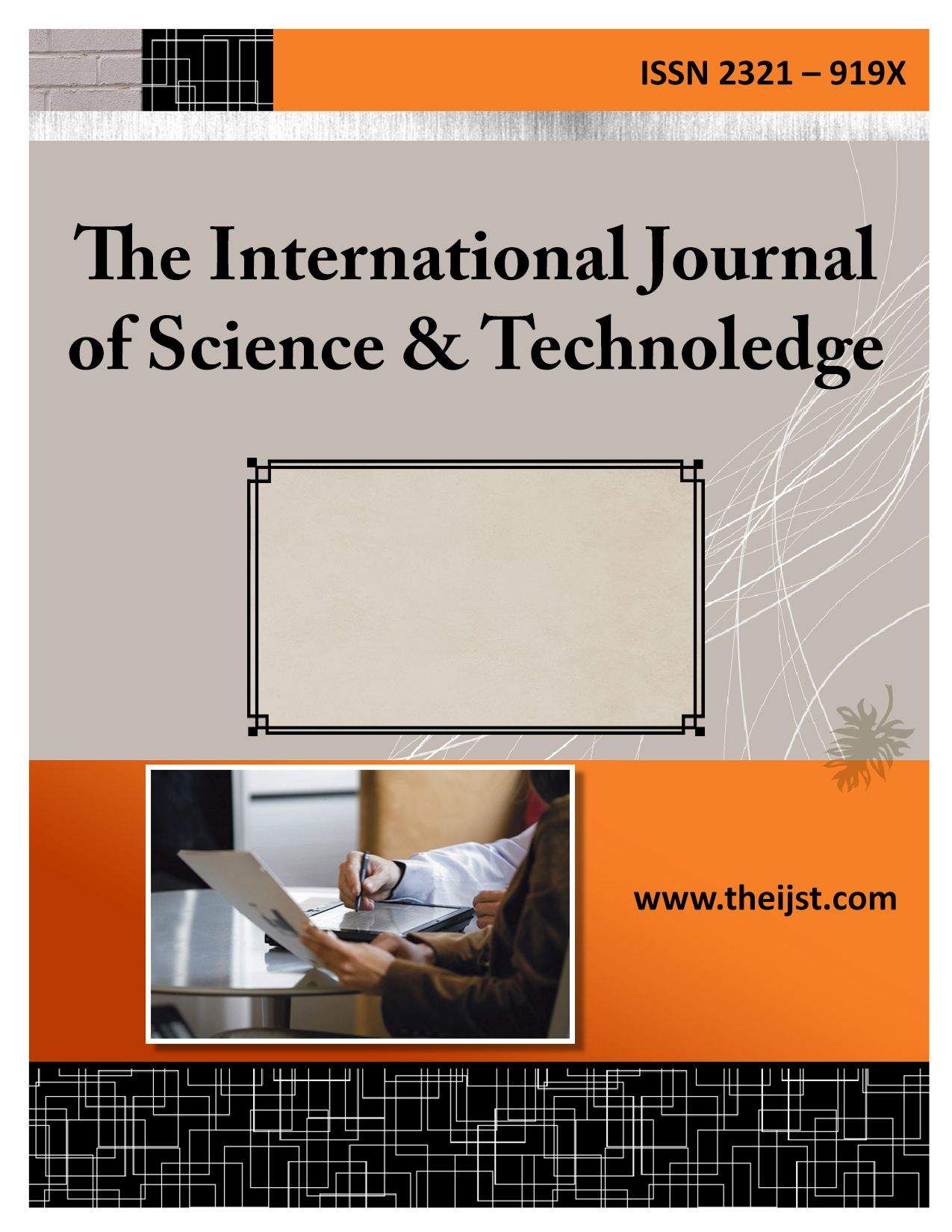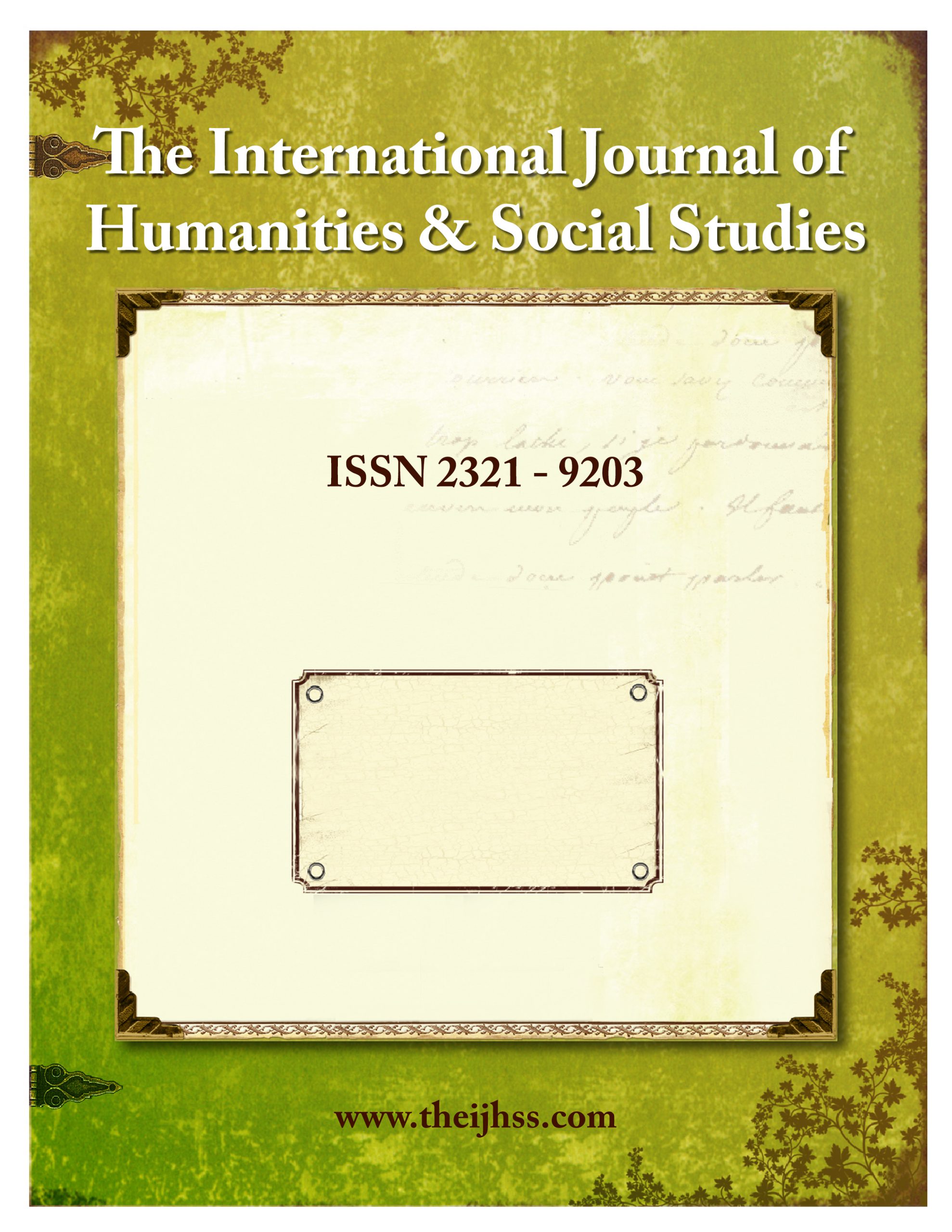Reporting statistics correctly and completely is crucial in research for several reasons. In many research fields, statistical analysis is essential. Incomplete or inappropriate analysis can lead the readers toward misconceptions and deriving wrong conclusions. Any mistake in data will eventually result in terrible decision making, that too in important fields like public health, medical care etc. That is why statistical reporting is included in the reporting guidelines of international journals, and so on. Let us see what are the benefits of correct and complete statistics:
- Transparency: Accurate and complete reporting of statistics ensures transparency in the research process. It enables other researchers to reproduce the study, verify the results, and draw their conclusions.
- Facilitates Meta-analysis: Accurate statistics reporting is essential for meta-analyses, which are used to synthesize findings from multiple studies. If the statistics reported are incorrect, it may lead to biased or inaccurate meta-analytic results.
- Reduces Errors: Accurate statistics reporting helps reduce errors that may arise from incorrect data analysis or interpretation. This ensures that the conclusions drawn from the data are based on sound statistical analysis.
- Provides a Clear Picture of the Findings: Accurate statistics reporting helps provide a clear and concise picture of the results obtained in a study. This enables other researchers to replicate the study and arrive at similar conclusions.
- Validity: It is essential to assess the validity of research findings. Misreporting or manipulating statistics can lead to false conclusions, which can have far-reaching consequences.
- Generalizability: Accurate reporting of statistics helps to ensure that the findings are generalizable to the population from which the sample was drawn. If the statistics are not reported correctly, it can lead to biased estimates, which can affect the generalizability of the results.
- Accountability: It helps to ensure that researchers are held accountable for their findings. Misreporting or manipulating statistics can lead to research misconduct and can damage the reputation of the researcher and the institution.
- Ethics: Accurate and complete reporting of statistics is an ethical responsibility of researchers. Researchers have an obligation to report their findings truthfully and to avoid misrepresenting the results.
Additionally, accurate statistics reporting can increase opportunities for collaboration. When your research process is transparent other researchers offer you collaboration opportunities which strengthens your network and boosts the credibility of your research. It will also make the peer-review process much easier and simpler. In today’s world the competition to get published in a reputable journal is brutal but if a paper has pitch perfect statistics, it automatically becomes worthy of being published.










